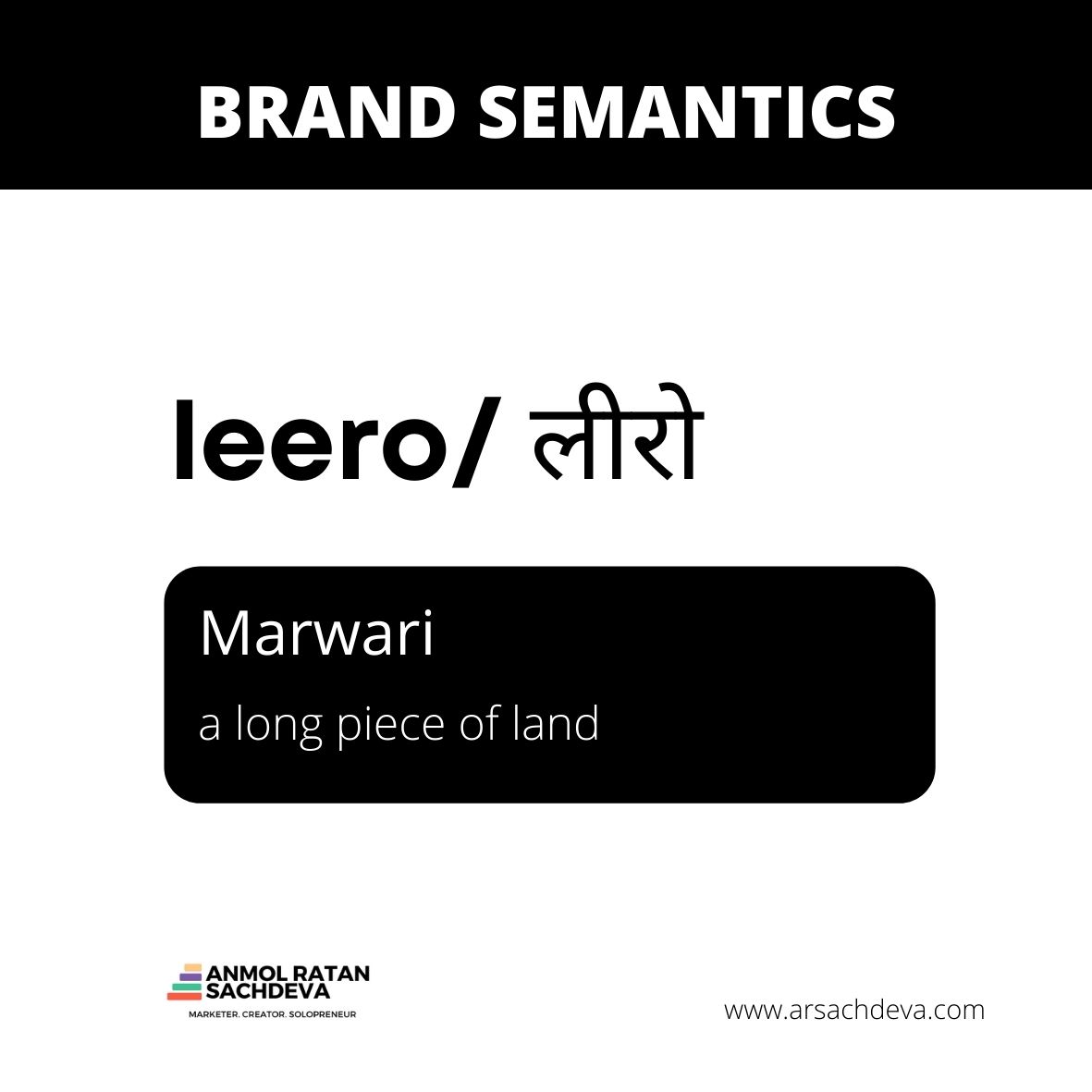
Turning an Abstract Tech Idea into a Minimum Marketable Product
Problem
The entrepreneur was in the interiors/real estate space for years. He also had previous web development experience of over ten years before entering the interiors industry.
Having found a strong pain point among the audience related to residential floor and space planning, he was searching for a solution and the roadmap to put together a plan with a functional MVP for moving forward.
The problem — not enough industry data to validate the idea. As the audience/target area was primarily Tier-II cities in India, finding a validated product-market fit is challenging. He simply can't replicate US-based businesses because of the unorganised nature of the market. And he didn't want to risk a few years (and valuable capital) into something that's not useful for the end customers.
Insights
The entrepreneur had a basic idea and needed the infrastructure, workflow, and basic business plan to move forward with the idea. The first tasks included:
- Ideating a lead magnet to attract the target audience, gather real-world data and validate the idea.
- Identifying and documenting the target audience analysis
- Finding ways to bootstrap the product development process based on industry norms and entrepreneurs' goals.
- Development of a Quick MVP, including landing pages, backend SOPs and an actual product to showcase the benefits to the target audience.
Research
Conducted in-depth research from secondary resources but couldn't find any replicable business model for the market/audience. Hence, the way forward was to ideate, document, and refine the positioning/value proposition.
Plan
- Conduct basic audience research to document the audience profile
- Find a brandable name based on best practices and sticky factors among the audience
- Ideating a landing page idea and lead magnet
- Create a basic landing page explaining the concept
- Gathering user data/audience data using the lead magnets to validate the hypothesis around the idea
- Identifying product-market fit
- Launch to market
Execution Period
Three weeks
Deliverables
Brand name: Leero
The product will be developed and launched in a regional market — Udaipur city and vicinity. Hence a solid local connection was essential to making sure people resonated with the brand.
At the same time, the brand name needed to be memorable, timeless, and reflect the brand's essence.
Basic audience research, understanding of the local market, and expectations of the regional audience directed the thought process towards choosing a regional word from the local language.
Semantic analysis was conducted in the Marwari language (local language), identifying multiple potential names. The chosen name, leero, is a Marwari word denoting a long piece of land.

Landing page: Leero.co
Multiple discussions, meetings, and an in-depth analysis of the market/industry helped finalise a prelim positioning.
Problem Statement: People hire unprofessional/non-qualified individuals to create their floor plans (only because they are cheap), leading to space planning mistakes and construction of the home not according to preference/lifestyle.
Solution: Hiring a professional to take a second opinion on a floor plan designed by an AutoCAD designer.
A landing page is live at leero.co
Tools used
- Landing page design: Carrd.co
- Hosting: NA (Carrd has inbuilt hosting. So, you don't need to spend extra at idea validation stage)
- Domain Name: Namecheap.com
Business plan
Creating a documented business plan is vital for transforming an idea into a reality. It gives direction and helps fill in the missing links to take an idea from Zero to One.
Though Leero's core business idea (protected under an NDA) is entirely new, it had the inklings of running a traditional architectural firm. That served as a base for building the business plan.
Initially, some local CAs were contacted to build the financial forecasts and develop a revenue model to support the product development for the next five years. But, the lack of documentation about the idea, no benchmarking for the industry parameters, and a difference in approach and thought process made us look for alternatives.
Using an AI-powered business planning tool, I was able to get hold of industry benchmarks and worked bottoms up from there to create a prelim business plan. The result — a standard business plan, including the roadmap from today to the end of 2025, where we'd have our final product ready for launch.
Though the business plan made using the tool was comprehensive, it also had some gaps pertaining to actionable steps to achieve the goal.
That's where I used my experience to come up with a Planning/execution dashboard to document every aspect of the future course of action. This dashboard includes:
- Strategic decisions
- Legal decisions and future regulatory action
- Marketing strategy
- Sales plans
- Operational plan (day-to-day working)
Though this is clubbed in just five major pointers, it has everything the entrepreneur needs to turn this idea into a reality.
These days, I am building a product around the same dashboard — Itara, which will help anyone with an idea to build, improve & grow their business.
Explore Itara and Join the Waitlist Now
Lead Magnets
The target audience is pretty scattered (and unaware of the value proposition), so it's important to warm up the market using a lead magnet.
Two lead magnet ideas came out as a result of discussions and meetings:
- Residential Property Listings Platform
Despite big industry players in the market, Udaipur suffers from the problem of property discovery and information verification. The lack of local options makes home buyers' journey frustrating. Hence a property listing platform was ideated.
Leerohomes would solve the problem of discovery in the local residential real estate market for first-time homebuyers/property buyers.
A quick roadmap of features was drafted, and the platform's first version is live for production deployment soon.
Tools used: SpreadSimple, Google Sheets, WordPress
2. Questionnaire-based Risk Assessment Tool
Most first time home buyers aren't even aware of the problems they'd have if they won't hire a professional for floor planning and architecture. Hence, a risk assessment tool idea was devised with 11 simple questions that anyone wanting to build a home can answer.
Based on their answers, an algorithm comes up with the level of risk/exposure they have and the ways to mitigate risks during home construction.
I prepared the questionnaire metric, logic, and first version layout after deep discussions with the ideator of the concept. This ensured we had industry depth and a result that addressed the audience's pain points.
Using a few connections with some brilliant programmers, I came up with a bareboned functional MVP of this questionnaire, which will soon get live on the platform. The questionnaire uses AbleAlly's Opensource Questionnaire Algorithm to create a conditional logic powered by weighted averages for each of the decisions.
As this questionnaire is just a test and the startup is at the ideation stage, we didn't want to spend on other form-based tools with paid subscriptions until we're sure about the positioning and direction.
Current Status (As of April 1st 2022)
Launched a basic MVP at leero.co with a lead gen channel (property listing platform) at leerohomes.com. Another lead magnet (risk assessment tool) is a work in progress at the time of writing.
Next Steps
- Launch and marketing strategy to take the product to market
- Development of an organic content channel to engage the audience
- Start gathering data to refine positioning.
- Process automation consulting
- Creating an operational workflow to work on MVP development
- Development of SOPs for day-to-day operations related to development, design, marketing, promotions, and client servicing.

